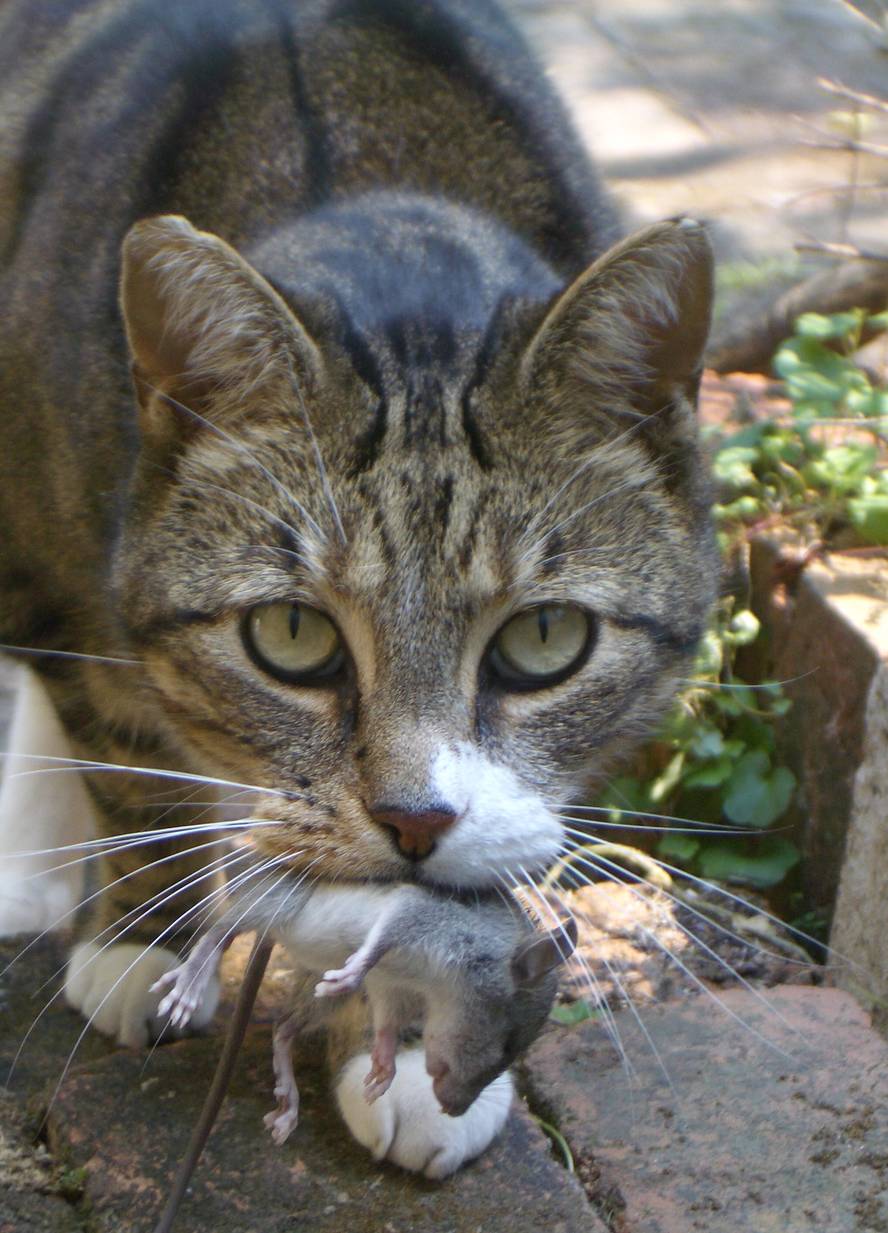The starry mouse loses the fear of the cat forever
Text created by automatic translator Elia and has not been subsequently revised by translators. Elia Elhuyar
In addition to the damage that toxoplasmosis causes directly to the mouse, a serious consequence is that the infected mouse loses intrinsic fear to the smell of cat. Even after overcoming the disease, it seems that it does not recover that necessary mechanism for its survival. This is what a study published recently by researchers at the University of California in the journal PLoS ONE says.
Toxoplasmosis is caused by the parasitic gondiy Toxoplasma. It is a unicellular pathogen that can host numerous species of mammals and birds as guests, including the human being, but it reproduces only in the intestines of the cat. Therefore, the rest of animals are secondary guests for the parasite and, above all, it is found in the cysts it produces in the brain. The life cycle is completed with the ingestion of a cat. In this context, an adequate evolutionary strategy is, for the parasite, to avoid the fear of the mouse to the cat to facilitate its fall in the clutches of the cat. Until now, it was considered that this change of behavior could be caused by the cysts that the parasite produces in the brain. But those of the University of California have investigated with a low virulence strain that does not generate cysts, and have seen that despite this, mice lose the fear of the smell of the cat. Even when the parasites have passed through the disease and have disappeared from the brain, the mice do not recover the fear.





